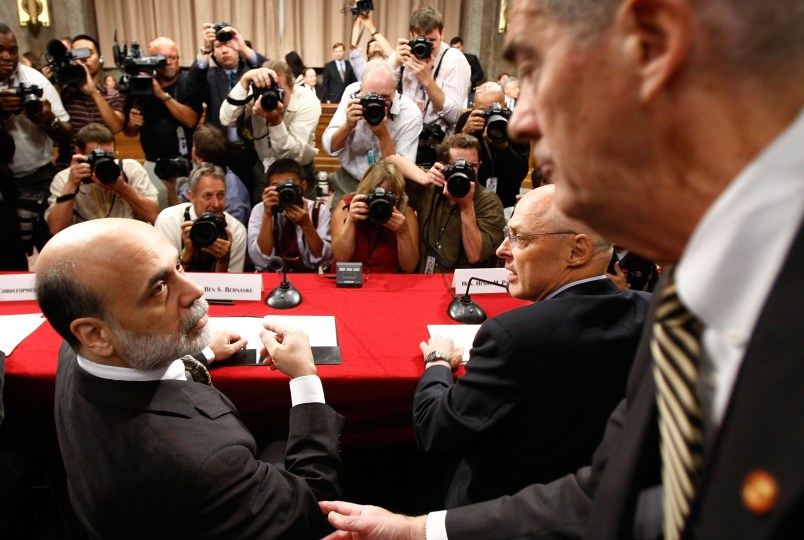Recently, a Texas judge ordered 16-year-old Ethan Couch to serve 10 years probation and rehabilitation for a drunken driving car crash for that killed four and injured two. An expert witness claimed “affluenza” as the underlying cause: Couch’s doting, wealthy parents infected their son with irresponsibility.
Pathologizing wealth and positioning it as an infectious disease is an abuse of medical terminology and the English language. To claim Couch suffered “poverty-enza” or “poorititis,” had he come from a low-income family would be unacceptable in court and mocked in the media. Diagnosing Couch’s destructive behavior both absolves him of blame and induces sympathy for him. The message is that he is infected with contagious parents who set no boundaries for him and that he is not culpable for his destructive actions.
But “affluenza” – this fallacy of language – really isn’t about Couch. It’s about the injustices and disparities that language creates in our daily lives. Health care and income are two of the most striking examples. Neither poverty nor affluence is a disease. Illness imagery around income damages rich and poor alike, further showcasing inequality and injustice in this country. Who can own and use language often tracks with who has power and access to health and wealth.
Disparities in health literacy exemplify the language and power divide. People need to be able to understand information about their health; without it, they cannot effectively access health care, communicate with and make decisions with their health care team, and improve their own health.
As a doctor and scholar of health equity research, I can attest that helping low income populations secure access to healthcare isn’t always easy. We doctors and health policy makers often talk to one another at a level most patients don’t understand. The fact that patient navigators have popped up around the country just to interpret cumbersome language is telling.
Jargon-laden health care vocabulary undermines good health care outcomes for low-income patients. This can lead to patients failing to interpret medical labels properly, missing out on clinical trials where they could reap the benefits of new research, and even delaying care long enough to land them in the emergency room where care is costly and may be too late to help.
The wealthy are able to use vocabulary with autonomy that confers power and advantage, not just in health care, but in other spheres as well. Take Sam Zell, a billionaire real estate investor who claims that “the poor should not hate the rich, they should emulate the rich.” Zell’s advice that the wealthy work hard while the poor do not is an example of how language further divides rich and poor.
As someone who rose from the bottom 1 percent to close to the top 1 percent, studying at institutions like The University of Chicago, Yale and Northwestern, I find Zell’s advice insulting. Growing up in Detroit, my family could not always find jobs, and we encountered brief periods of homelessness, but we worked as hard as anyone.
While many factors breed and perpetuate poverty and inequity, when the public dialogue excuses and accepts language aiming to separate and isolate, old-fashioned and derogatory stereotypes prevail. Affluenza, or irresponsibility stemming from extreme wealth, receives no pushback in a drunk driving case that killed people and ruptured families. A billionaire can get away with suggesting that poor people don’t work hard enough to climb the economic ladder. Language perpetuating this socioeconomic division extends all the way to The White House. Vice President Joe Biden disparaged New York’s LaGuardia airport recently as “some third-world country,” clearly insulting those who live in the third world.
Of course, language alone will not bridge the gap in social equities in this country. Fundamentally, there needs to be social awareness that wealth confers advantages far beyond owning and using language. Social networks and knowledge of how to navigate the job world, the health care system, and school admissions are built-in safety nets for the wealthy. Such safety nets should be extended to all income levels.
A step in the right direction is to reevaluate the language we use to describe rich and poor to bridge understanding and foster respect. After Biden’s LaGuardia flap, New York City Mayor Bill De Blasio stepped in to correct him and defend his city, setting a shining example of how our leaders can hold those accountable for using language that further separates rich and poor. We should not tolerate the misuse of our own language to disparage our fellow citizens. We can treat each other better than that.
Melissa Simon is the Vice Chair of Clinical Research in the Department of Obstetrics and Gynecology and Associate Professor of Obstetrics and Gynecology, Preventive Medicine and Medical Social Sciences at Northwestern University Feinberg School of Medicine. She is an NIH-funded investigator in a broad range of research focused on improving the health and healthcare of medically underserved populations. She is also an elected member of the National Academies of Sciences Institute of Medicine Roundtable on Health Equity and the Elimination of Health Disparities.









